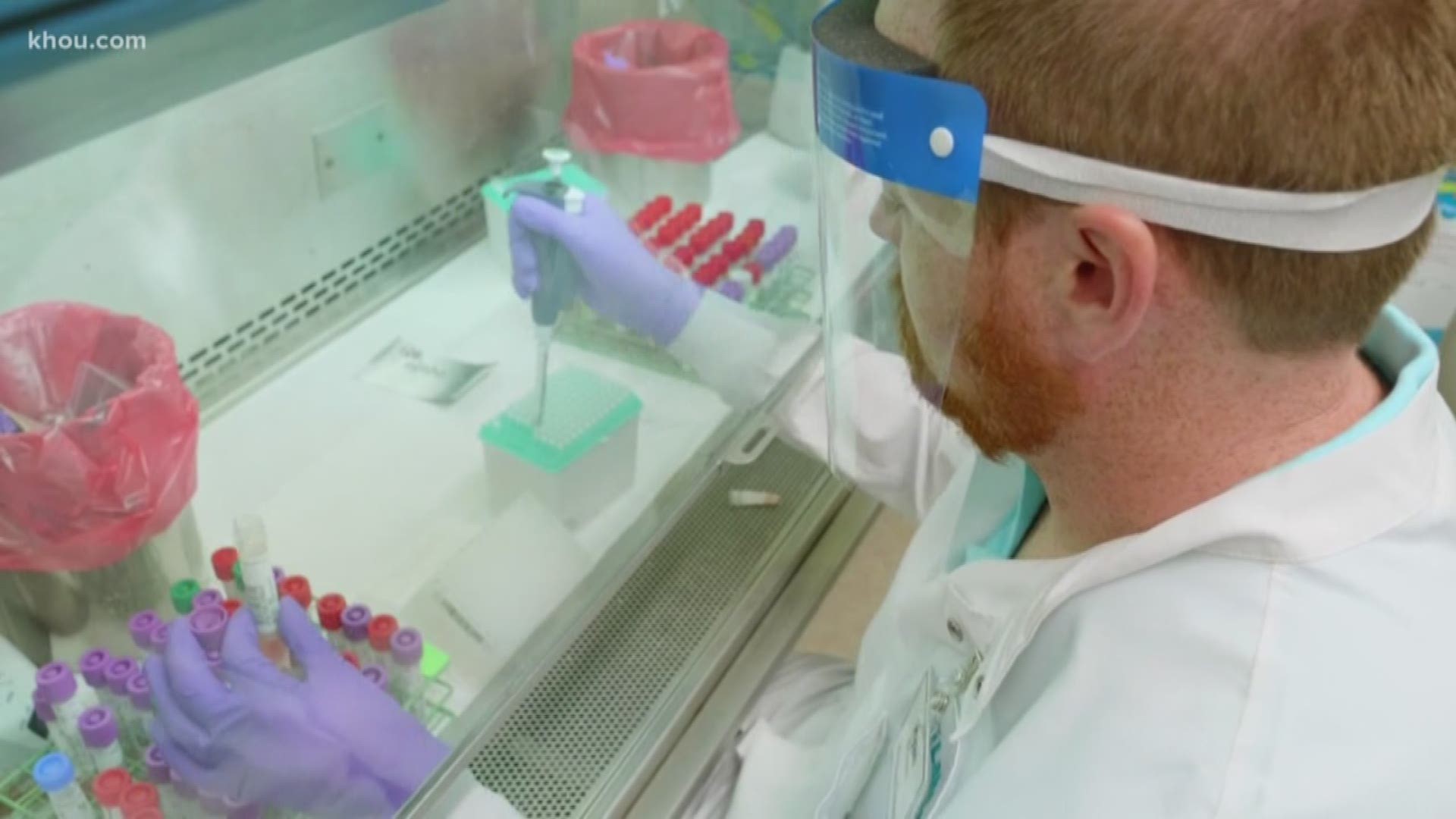State prison officials are investigating if the death of a correctional officer was related the coronavirus.
Kelvin Wilcher, an officer at the Estelle Unit in Huntsville, died in a Houston hospital on April 6. Wilcher had tested positive for COVID-19 while in intensive care.
Wilcher went to the hospital on April 1 and suffered what prison officials called a “cardiac event.” The 49-year-old officer last worked on March 31.
“The thoughts and prayers of the entire Texas Department of Criminal Justice are with the Wilcher family,” said Bryan Collier, executive director of TDCJ. “To lose a loved one unexpectedly is a tragic experience and the TDCJ family extends its sympathy and sends strength to get through this difficult time.”
Though there aren’t any positive cases at the Estelle Unit as of Tuesday afternoon, 359 inmates are on medical restriction and five in medical isolation.
There are five pending COVID-19 tests.
To date, 29 TDCJ employees have tested positive for the coronavirus. There are 159 pending tests.
Coronavirus symptoms
The symptoms of coronavirus can be similar to the flu or a bad cold. Symptoms include a fever, cough and shortness of breath, according to the Centers for Disease Control. Some patients also have nausea, headaches and stomach issues.
Most healthy people will have mild symptoms. A study of more than 72,000 patients by the Centers for Disease Control in China showed 80 percent of the cases there were mild.
But infections can cause pneumonia, severe acute respiratory syndrome, kidney failure and even death, according to the World Health Organization. Older people with underlying health conditions are most at risk for becoming seriously ill. However, U.S. experts are seeing a significant number of younger people being hospitalized, including some in ICU.
The CDC believes symptoms may appear anywhere from two to 14 days after being exposed.
Human coronaviruses are usually spread through...
- The air by coughing or sneezing
- Close personal contact, such as touching or shaking hands
- Touching an object or surface with the virus on it, then touching your mouth, nose or eyes before washing your hands.
Help stop the spread of coronavirus
- Stay home when you are sick.
- Eat and sleep separately from your family members
- Use different utensils and dishes
- Cover your cough or sneeze with your arm, not your hand.
- If you use a tissue, throw it in the trash.
- Follow social distancing
Lower your risk
- Wash your hands often with soap and water for at least 20 seconds. If soap and water are not available, use an alcohol-based hand sanitizer.
- Avoid touching your eyes, nose, and mouth with unwashed hands.
- Avoid close contact with people who are sick.
- Clean and disinfect frequently touched objects and surfaces.
- If you are 60 or over and have an underlying health condition such as cardiovascular disease, diabetes or respiratory illnesses like asthma or COPD, the World Health Organization advises you to try to avoid crowds or places where you might interact with people who are sick.
Get complete coverage of the coronavirus by texting 'FACTS' to 713-526-1111.

